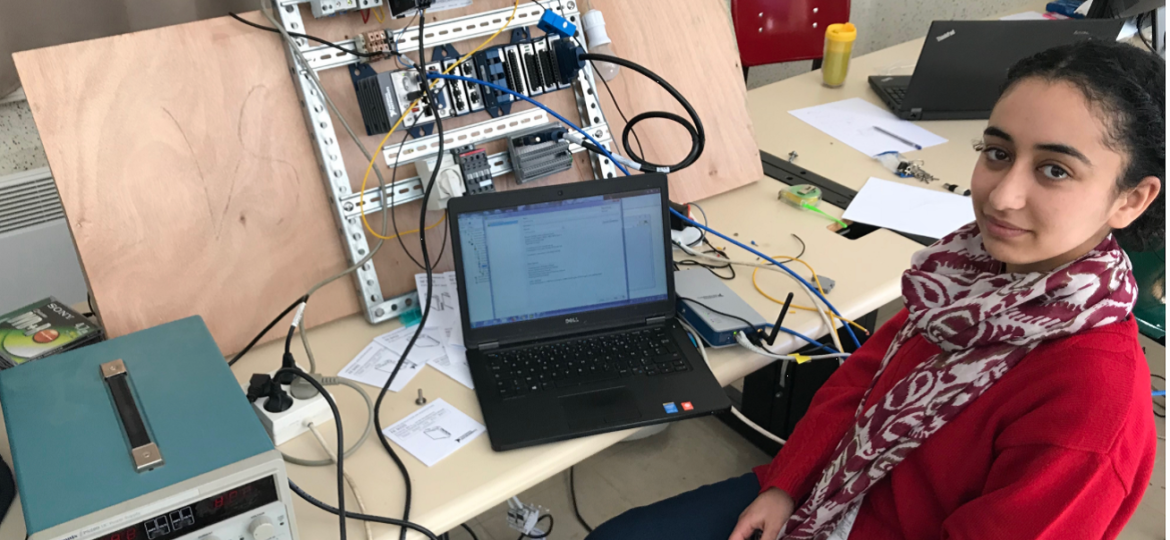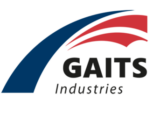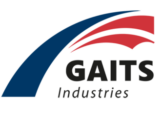
PI: Mohamed Riduan Abid (R.Abid@aui.ma), Alakhawayn University, with co-PIs Mohamed Bakhouya, International University of Rabat and Khalid Zinedine, University Chouaib Doukkali
U.S. Partner: Driss Benhaddou, University of Houston
Project Dates: December 2016 – November 2019
Project Overview:
Besides being a global concern, energy efficiency is growing as a potential market with very promising development and environmental impacts. Smart Grids (SGs) promote energy efficiency in electrical grids, mainly via the integration of renewable energy (thus minimizing greenhouse gas emissions) and via the leveraging of Information and Communication Technology (ICT). ICT is a key element in the optimization of the Demand/Response (DR) variance, which stipulates a real-time dissemination of data between SG components, namely, smart meters at the production site (i.e., renewable energy sources), sensors measuring electricity consumption at the consumer site, and actuators. The interconnection of these components needs a reliable network: the Advanced Metering Infrastructure (AMI).
This project will leverage energy efficiency in smart buildings by promoting “context awareness” whereby the switching on and off of electrical appliances will be based on the context, i.e., temperature, number of people in rooms, humidity, light, and so forth. To this end, these researchers plan to deploy a holistic platform that implements a real-world microgrid testbed at a building on the Alakhawayn University campus. The deployed smart microgrid model will be promoted for deployment by other organizations at the national level, especially since Morocco is adopting a promising policy for renewable energy integration. In the medium term, the team hopes to promote this technology in sub-Saharan countries as well, given Morocco’s geographical location. Supporting research in renewable energy can foster the growth of the green economy in Morocco and in the longer term create job opportunities for Moroccan youth. The project intends to have a positive impact in reducing greenhouse gas emissions, in line with USAID’s Global Climate Change and Development Strategy. It is also in line with a Moroccan national initiative to promote renewable energy development.
Summary of Recent Activities
In this quarter at Alakhawayn University in Ifrane (AUI), the PI and his project team worked on deploying National Instruments (NI) lab equipment. The PI reports that at this stage, the NI-outfitted lab is almost ready. They are now waiting for the last main components, mainly, the photovoltaic panels and storage devices, which have already been ordered. Once these components are in place, the lab will be complete in terms of material and for testing final integration. The NI lab at AUI, according to the PI, can be considered as one of the most modern and sophisticated renewable energy labs for both research and instruction in Morocco and in all of Africa.
Relevant to the NI lab and final integration, they will be regularly hosting PhD students who are currently developing parallel work on control and storage at the Université Internationale de Rabat (UIR). The students will start by investigating the NI platform, specifically the LabVIEW software, getting acquainted with the different lab components, and developing relevant skills.
Once the skills are acquired, the PhD students (currently at UIR), will carry out research on plausible ways to translate and accommodate their current theoretical and simulated models (developed at UIR) to the real-world platform
In January of 2018, the PI and his team visited GAITS-industry in Casablanca, a company whose main research and development activity is focused on renewable energies. They presented their PEER project to the GAITS team. In March, they in return hosted the GAITS team back at AUI, where the guests met with the school’s dean and the AUI PEER team. They are in talks on how to add more funding to the current PEER project.
In the next 3-6 months, once the last main components: PV panels and storage devices are in place, the USAID_NI_Lab will be complete in terms of material and thus will be ready for starting on testing final integration. Relevant to the USAID_NI_Lab, and final integration, they will be regularly hosting – at AUI – our 2 other PhD students (Safae Boulmrharj and Abdellatif ElMouatamid) who are currently developing parallel work on Control and Storage at UIR.
In terms of project dissemination, they are planning to link and expose our projects to further parties, especially governmental ones
Original post : http://sites.nationalacademies.org/PGA/PEER/PEERscience/PGA_174213

